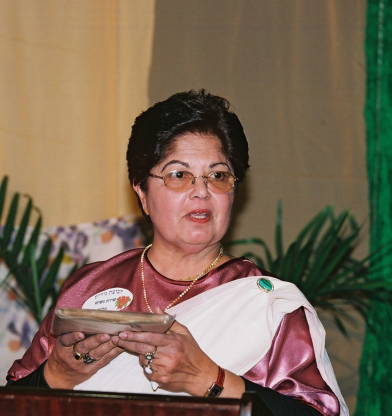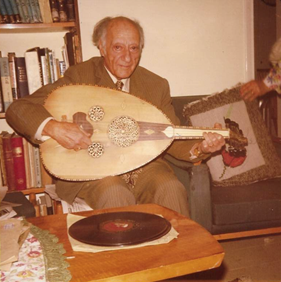Hundreds of Nurit Hirsh's songs are inalienable assets of the Hebrew Folk Song ('Zemer Ivri'). She composed more than one thousand songs. Among these: 'Oseh Shalom,' 'Bashana Haba'a,' and 'Lalehet Shevi Ahare'a.' She composed music for poems by Hayim Nahman Bialik, Natan Alterman, Lea Goldberg, Rahel, Tirza Atar and Dalia Rabikovitch, among many others. Hirsh collaborated with some of the best lyricists: Ehud Manor, Haim Hefer, Yoram Tahar-Lev, Rahel Shapira, Dudu Barak, Shimrit Or, and Lea Naor. Hirsh's songs won several prizes at both national and international festivals. She wrote music for cinema, television, theatre and video.
Nurit Hirsh was born in 1942 in Tel Aviv. She spent her military service in the Shiryon (Artillery division) Band as a Clarinet and as an Accordion player.
From an early age, Hirsh would accompany Opera singers. She was the pianist of 'Hamam' theatre in Jaffa and of 'Habima' theatre, and she accompanied the 'Theater's Club Quartet.'
Hirsh composed soundtracks for 14 movies, among them are 'Hashoter Azulai' and 'Me'ahorey Hasoragim.' She composed music for plays as well. One example is 'Salah Shabati,' which played in 'Habima' Theater. Hirsh composed for several TV series, including: 'Krovim Krovim,' 'Habyit Shel Fistuk,' 'Karusela,' and 'Imi Hageneralit.'
One of her projects was the children's videocassette series, 'Dig Dig Dug,' which won great success. Many of her children's songs became an important part of music used in kindergartens.
Nurit Hirsch won the Israel Prize in 2016 for Hebrew Song.






